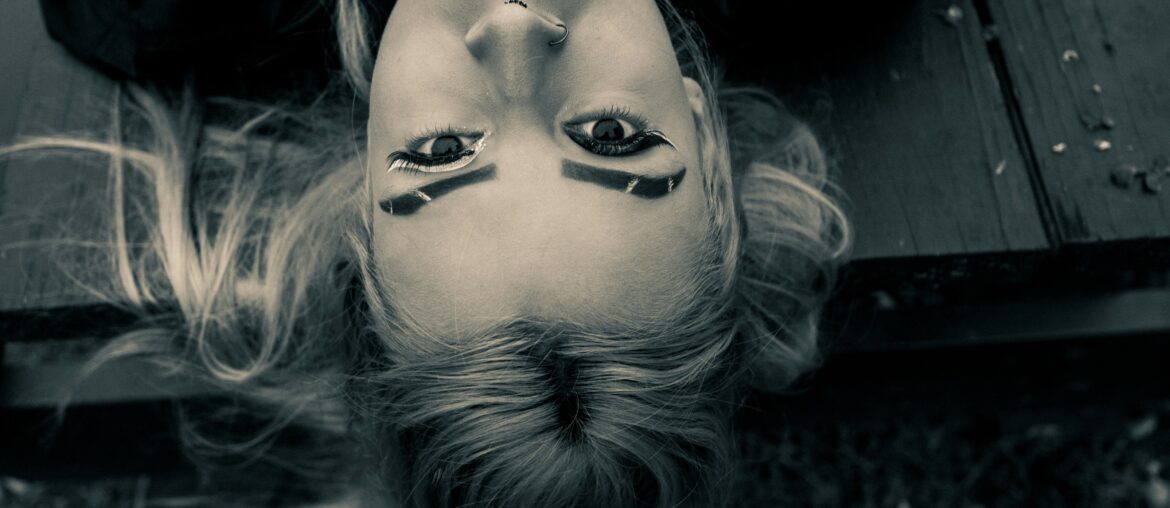Anger is courageous, contagious, important, and feminine. It gets things done. Poet Audre Lorde, in her speech in 1981 about women’s reaction to racism, said, “If I speak to you in anger, at least I have spoken to you.”
Anger is in motion. Women who are angry are dissected, criticised, often rejected, and expelled, but they are at least, seen. The harm, vulnerability, and complexity of femininity is often invisible. Anger rises up.
An angry email sent late at night often gets ignored, and an angry quip to a receptionist who overcharges me, leads to me needing to find a new clinic, and in many ways, anger is its own foil and disaster. But what else, can we do, when the world is so broken, and as a woman, sometimes, there is an awful lot to contend with?
Anger is linked to entitlement, and yet, which woman ever feels they have a right?
“Anger is a privilege of the truly broken, and yet I’ve never met a woman who was broken enough that she allowed herself to be angry,” writes Roxane Gay, in her illuminating collection of essays, “Not That Bad: Dispatches from Rape Culture.” Feminine anger is hard to own. Anger belongs to some, and not to others. As Gay continues, it’s “always (for) someone else.”
Female anger is written around, but not always out. It is scary, even on the page.
Sylvia Plath, a woman whose rage has echoed through decades, struggled with where to place her anger. Plath writes about being limited in what emotion she can express safely, as a woman, in her unabridged journals she muses, ““Being born a woman is my awful tragedy. From the moment I was conceived I was doomed… to have my whole circle of action, thought and feeling rigidly circumscribed by my inescapable feminity.”
I personally take great comfort in Plath’s unbridled rage, in her poem, “Daddy,” she rises up to “kill,” to see destroyed, her abuser. And yet, she is still resigned to a “black shoe,” worn on the foot, lowly and powerless – there is always a limit, to how much one can say with one’s anger.
Yet anger seems to belong somewhere in contemporary times, with more people asking why it was ever so shunned. “Feminine Rage” is having a Renaissance. There is a confidence, in taking up space, a hysterical cry of “enough.” Female hysteria is being embraced. Words open up and allow us, it seems, to reclaim.
Anger, of course, is from pain.
I remember, in my most angry, I was always also my most vulnerable. And sometimes the words were too much. And sometimes they weren’t enough. I hope, if I keep speaking them, the right person will hear. I hope to be believed, soothed, freed, and allowed.


2 Comments
So powerfully written, love this!
Beautiful and raw text ! Another masterpiece from vardit !
Love
Esther